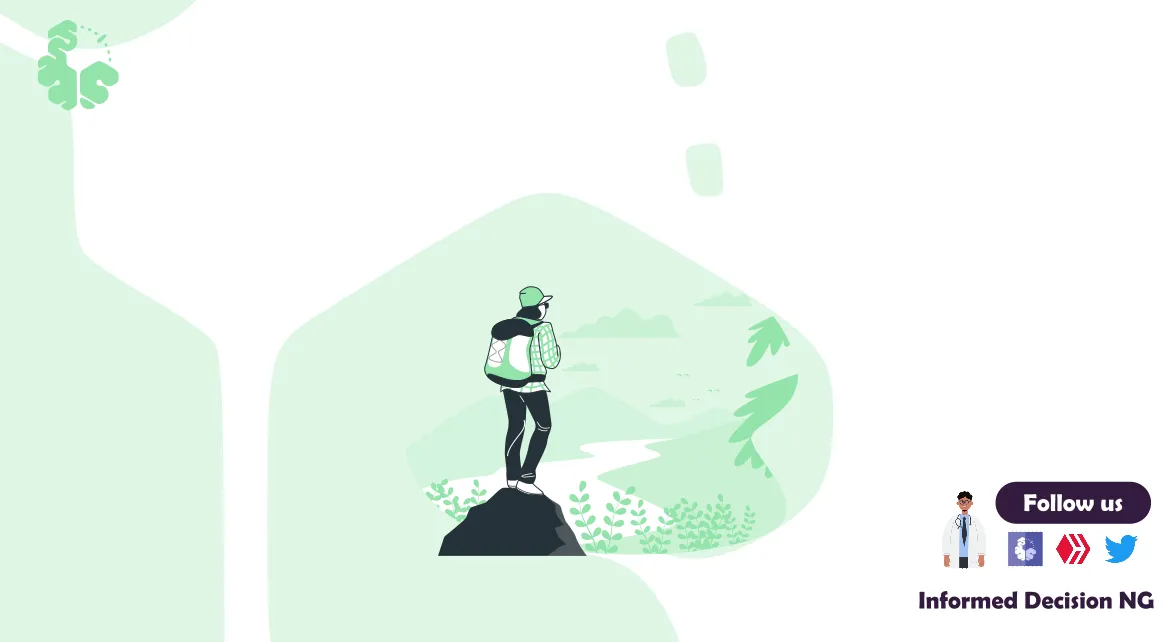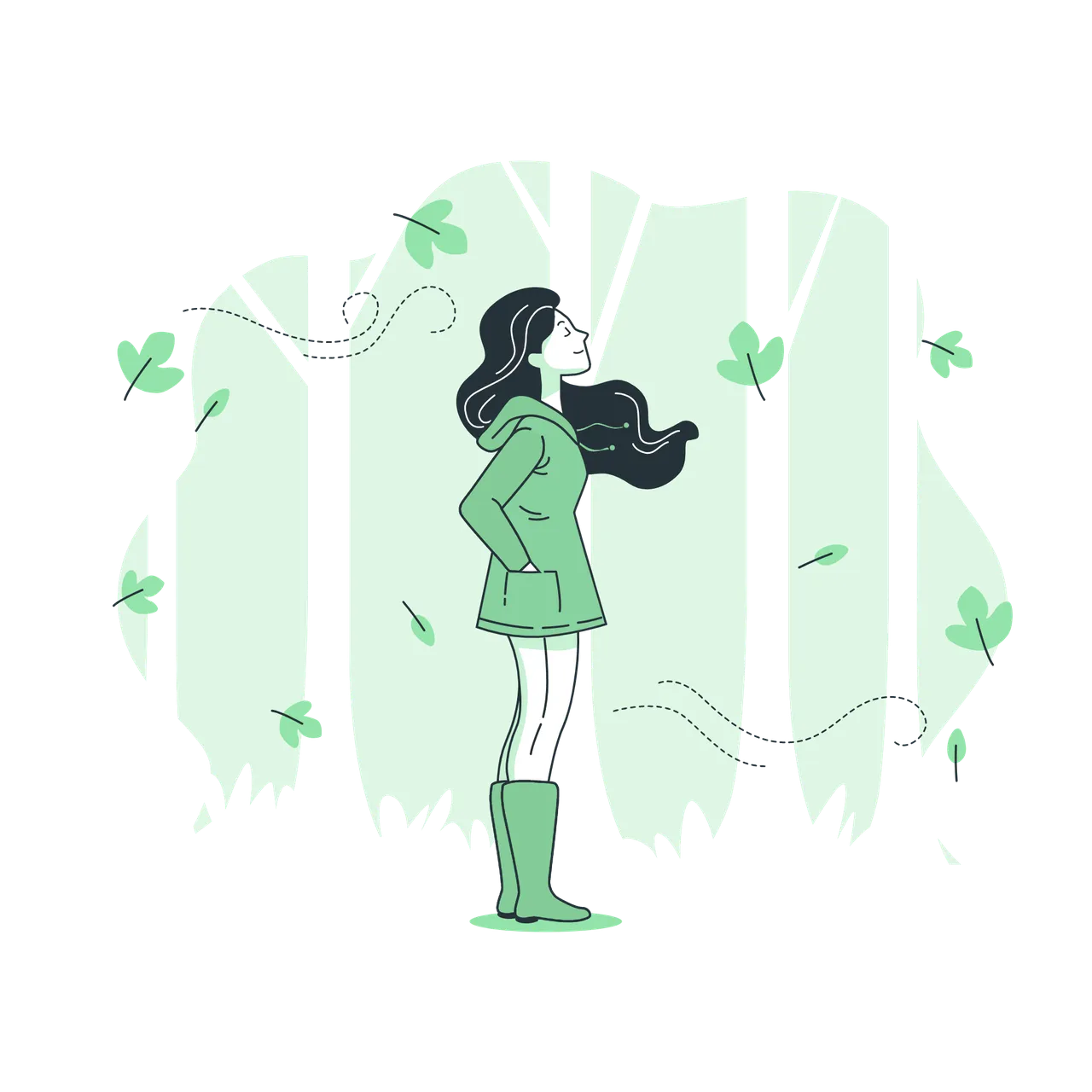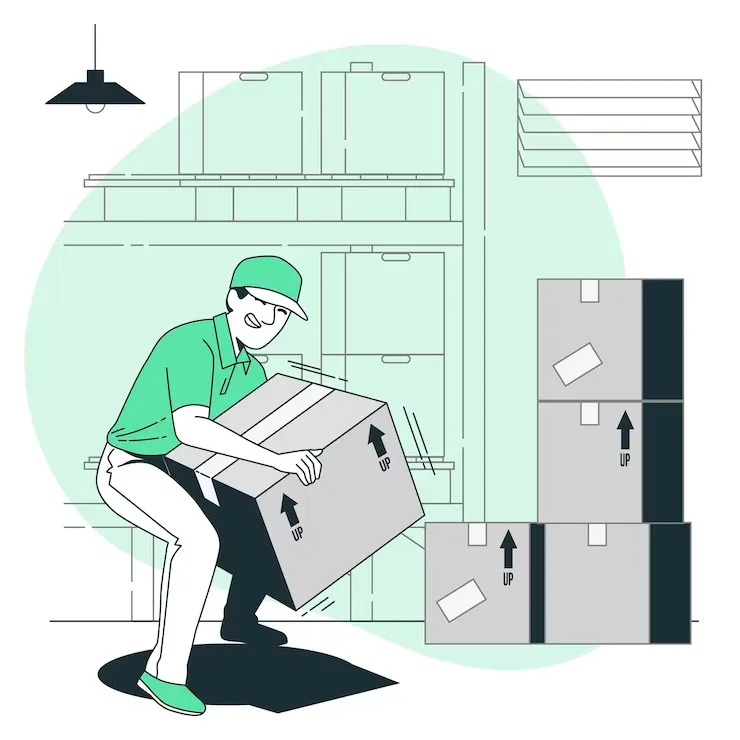
Nature illustrations by Storyset
My father has written very few memoirs but many studies. They are all published on the internet. You can search "KIGIGHA" on Google Scholar to get a feel for them.
I read one of his memoirs where he delves into more psychological concepts - "The Meaning of Life." In the pages of this booklet (because that's all it was), there was a sentence that said, "Life is like a mirror. When you stand in front of it, all it shows is you. And when you ask it what life means, it is asking that question right back to you."
There is no difference between the amount of responsibility you can handle in life and the meaning that life begins to have for you. One definition of a human being, in that sense, is "one who bears responsibility."
Responsibility is the state or quality of being accountable for one's actions, decisions, and obligations. It involves seeing and embracing whatever results may come because of one's actions - as good as they may be, and as bad as they may be.
The Mission

Nature illustrations by Storyset
When I got admission into the University of Port Harcourt to study medicine, it was after studying really hard - 16 hours on some days. It was after I had to explain to my friends, as a 17-year-old, that I might not have time for them because I was studying medicine.
I got two admissions into the school, one for Anatomy and the other for Medicine and Surgery. I remember when all the congratulations had faded away (and I had proved those who didn't believe in me wrong), it was time to actually pack my bags, go to school and study medicine.
I started to recoil, and I asked my mom, "Wouldn't it be better if I just chose Anatomy?" The wave of self-doubt started coming. I knew of people who were thought to be smarter than me, who failed out of medicine. What would be my anchor to reality if I failed?
That was the responsibility that came with me carrying myself to school to study medicine. I represented more than just me. I represented all those who had tried and couldn't get in. I represented my father who, for financial reasons, could not study medicine.
The Transition

Nature illustrations by Storyset
The meaning of my life has quite literally changed. I used to be a 17-year-old science student who thought medicine would be cool, and now, besides the age, people can't see me that way anymore.
In my family, I am a doctor. They come to me with medical problems, and I earn a living through this. My life has more meaning, and it is easier to tell people who I am with one word, at the same time they have an idea of the load I have to bear just as I say it.
I spent ten years of my life telling people I am a doctor... life bounced it back and said, "You are a doctor."
In the same space of time, I work out at the gym, and I have become a bit of a fitness bro of some sort. People come to me for fitness advice because I am a doctor who can deadlift 170 kg.
The Load You Bear

Nature illustrations by Storyset
The meaning of life is related to your sense of purpose. It answers the question, "What am I put on this earth for?" If you do nothing about your sense of purpose, then there is nothing to you.
In a study done by Kelsey T. Laird et al., posted on the Transitional Psychiatry site, they found that people who were more vulnerable to depression had some personality traits in addition to the stressors of life that put them at risk. They also found that there were some features that could help people build resilience.
The features were developing coping skills as the number one, the number two was a sense of PURPOSE, and the third was having a good support system.
Another study by Suk-Sun Kim, R. David Howard, & Pamela G. Reed, titled:
Found that not only do younger people benefit from having a sense of purpose but older adults do also. They found that older adults who had a strong spiritual view of life were more likely to have a sense of purpose.
Having a sense of purpose was also associated with lower levels of depression in older adults.
It is strange because even evolution brought us to the point where we are better adapted to bear more weight voluntarily than other animals with our hands.
I defined a human as someone who bears responsibility. It might be true that if we don't find meaning in our life, we fall into self-destruction.
So, what does all of this mean to you? What burden are you bearing? What burden are you avoiding? What does life mean to you now? What is life supposed to mean to you? Who is the person in the mirror? Who could that person be? What are you doing about it?
Conclusion
In conclusion, the meaning of life is closely tied to our sense of purpose and responsibility. The responsibility we bear and the purpose we pursue give life meaning and shape our identity. It is important to develop coping skills, have a good support system, and cultivate a sense of purpose to build resilience and avoid depression.
As we look at ourselves in the mirror, we must ask ourselves these important questions and take action towards fulfilling our purpose and carrying our responsibilities. Let us strive to find meaning in our lives and embrace the challenges that come with it.
What is your sense of purpose in life, and how has it changed over time? Do you believe that responsibility and the meaning of life are interconnected? Why or why not?

Inkscape.org